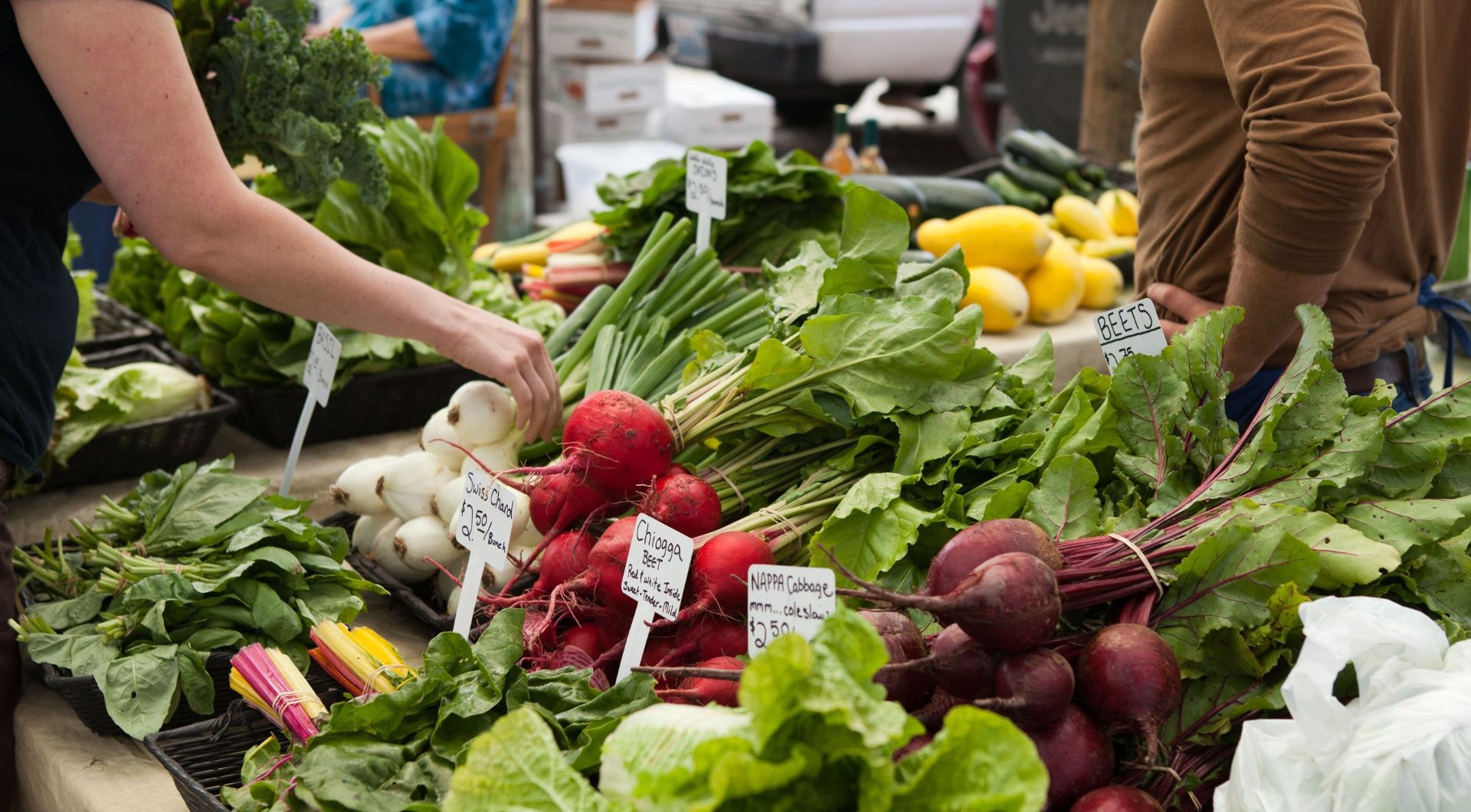The Farm-to-Table Movement and Its Impact on Local Farmers
In a world driven by comfort and large-scale manufacturing, the farm-to-table development remains a guide of progress, stressing the significance of supporting neighborhood farmers. This culinary and rural upheaval isn’t only a pattern; an extraordinary way to deal with food cultivates local area, manageability, and a more profound comprehension of the excursion from farm to plate.
- Bridging the Gap: One of the central standards of farm-to-table development is the immediate association among farmers and buyers. By obtaining food locally, we overcome any barrier that frequently exists in our advanced food frameworks. This immediate relationship guarantees the freshest produce as well as permits consumers to follow the starting points of their food, encouraging transparency and responsibility.
- Freshness Beyond Measure: The phrase “farm to table” is inseparable from newness. Unlike produce that ventures out significant distances to arrive at store shelves, privately obtained food is collected at its pinnacle, holding the greatest flavor and dietary benefit. Supporting nearby farmers implies enjoying a culinary encounter that rises above the common, with leafy foods that burst with the substance of the time.
- Community Resilience: At the point when we decide to purchase from nearby farmers, we put resources into the flexibility of our networks. Neighborhood economies flourish, setting out work open doors and supporting the agrarian legacy of the district. By supporting the farm-to-table development, we add to the protection of farmlands, ensuring they stay practical for people in the future.
- Environmental Stewardship: Diminishing the carbon impression of our food is an essential part of economic living. The farm-to-table development limits the natural effect of transportation and capacity, advancing eco-friendly practices. By picking neighborhoods, we assume a part in moderating environmental change and protecting the biodiversity of our biological systems.
- Nurturing Relationships: Farm-to-table isn’t just about the food; it’s about individuals. It’s tied in with producing associations between farmers, culinary experts, and customers. Visiting nearby farmers’ business sectors or taking part in local area-upheld agribusiness (CSA) programs permits us to meet the people who develop our food. These associations fabricate a sense of trust and solidarity, building up the comprehension that our decisions matter.
- A Call to Action: As consumers, we hold the ability to reshape our food systems. Embracing the farm-to-table development is a source of inspiration, a chance to settle on careful decisions that emphatically influence our well-being, our networks, and the planet. Whether it’s picking nearby produce, supporting farmers’ business sectors, or taking part in CSA drives, every choice adds to a manageable and versatile food future.
All in all, farm-to-table development goes past a culinary pattern; a way of thinking sustains our bodies, networks, and the Earth. By supporting nearby farmers, we set out on an excursion to rediscover the genuine substance of food, one that is new, feasible, and well-established in the associations we fashion with the people who work the dirt. Allow us to develop a future where farm-to-table development becomes a decision as well as a lifestyle, planting the seeds for a better and more interconnected world.










































































